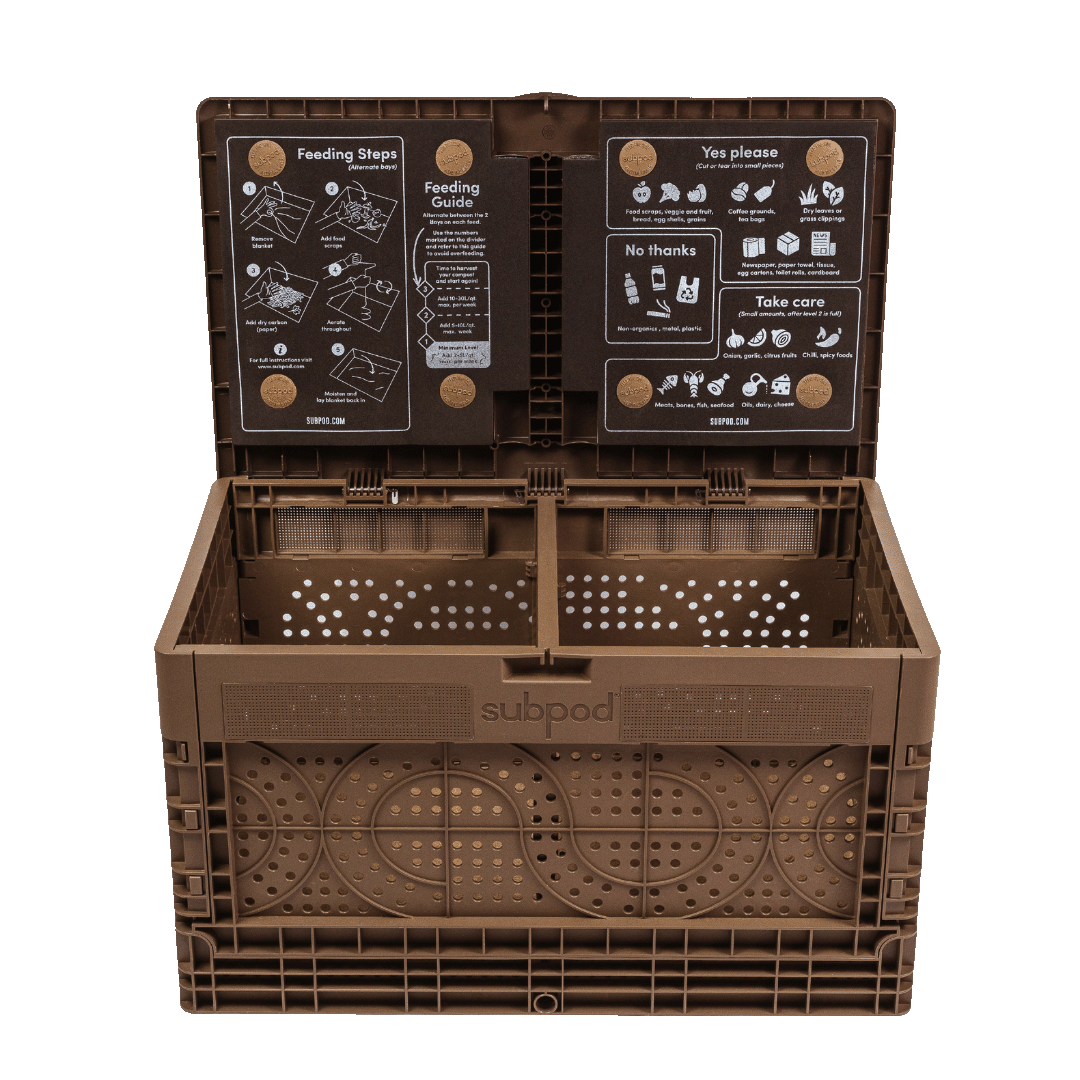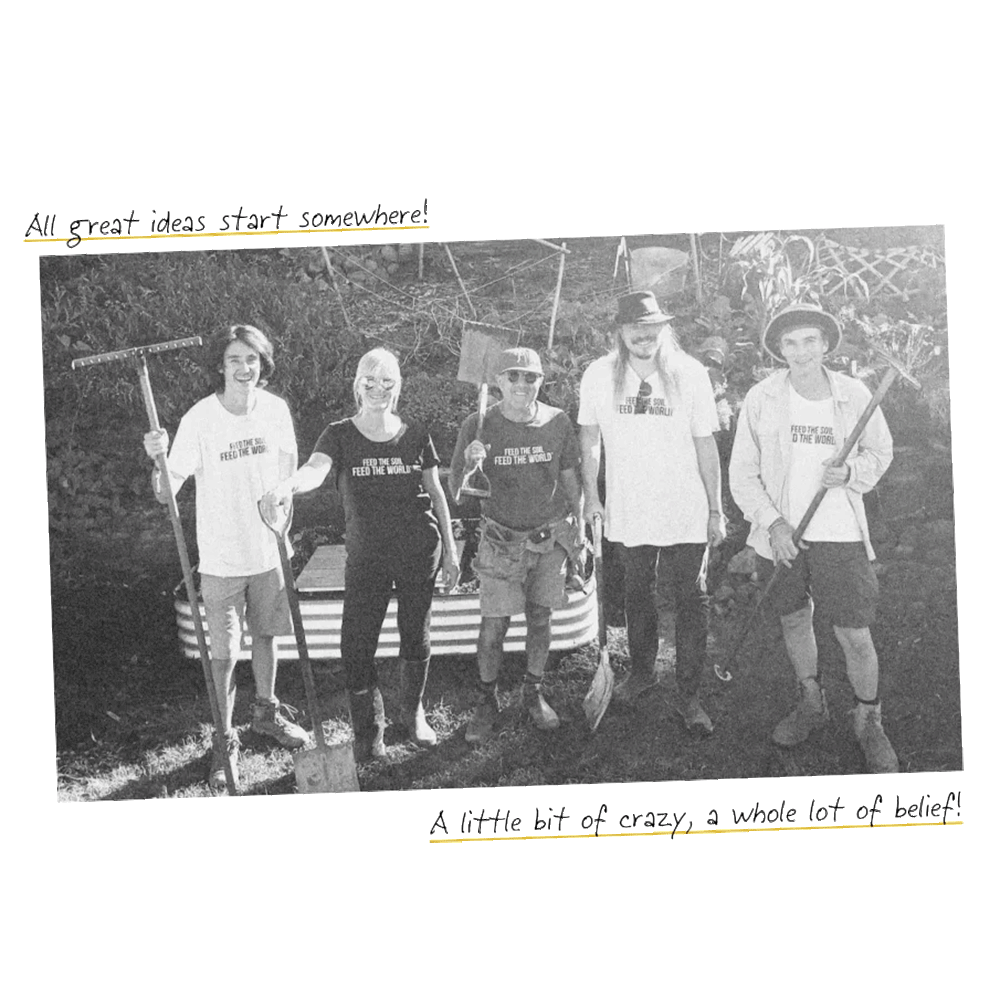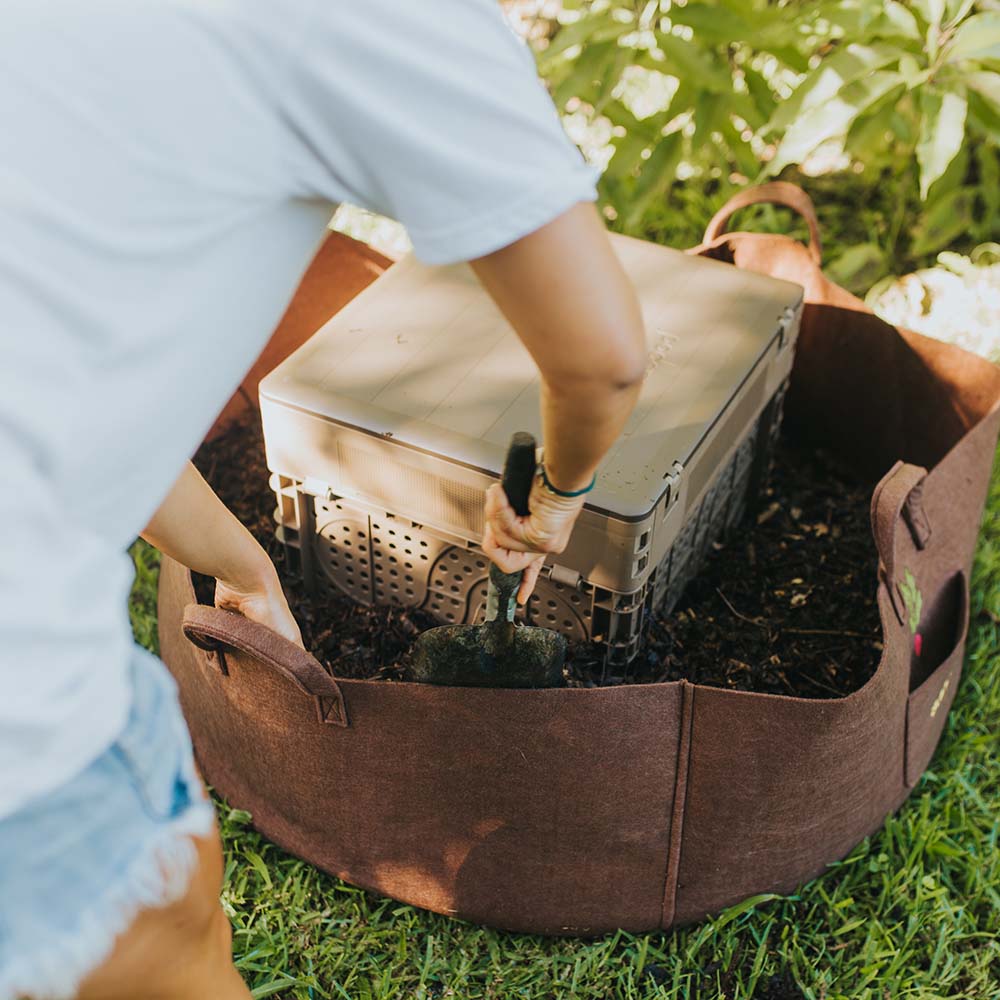Romeo and Juliet. Cleopatra and Mark Antony. Lancelot and Guinevere. These are some of the most famous love stories of all time. They reverberate with a heartbeat unlikely to fade, the legend of their love becoming more entrenched as time passes.
But even their longevity pales in comparison to the most enduring love story of all time. It’s a devoted relationship of tenderness, appreciation, fondness and loyalty… we’re talking about the relationship between compost and plants. A tale almost as old as time itself!
What Makes Compost and Plants So Well Suited?
“How do I love thee? Let me count the ways.” Elizabeth Barrett Browning
Nature brought these two starry eyed lovers together a loooong time ago, and their attachment to each other is still as strong as ever. Particularly if the compost is the ‘black gold’ variety created by a vermicomposting worm farm! The fruits of their love can be seen across the world in the form of bountiful vegetable crops and lush kitchen gardens and flower beds.
What is it that makes them so well suited? Today we’re going to ‘count the ways’!
Improved Soil Structure
Like any doting partner, compost makes sure its love has a comfortable home. It does this by balancing the soil density and ensuring the structure is supportive of the plants living there. If the soil is too compact, it loosens it up. If it’s too loose, it binds it together. This creates a nice foundation for plant roots to grow into, allowing for healthy development.
Providing the Right Nutrients
Just like with humans, plants need to be fed the right stuff if they’re going to grow nice and strong. The important nutrients they need are Nitrogen, Phosphorus and Potassium, but they also need small doses of trace minerals and nutrients if they want to get into really good shape. Compost supplies all of the above in a healthy and organic form, slowly released into the soil for extended uptake by the plants.
Balancing Soil pH
Soil pH is the measure of how acidic soil is. A pH of 7 is neutral, while anything higher is alkaline and lower is acidic. Compost generally has a pH of between 6 and 8, so adding it to a garden helps stabilise and neutralise the soil pH. At this level, the amount of nutrients available to plants is optimised.
Protection from Pests and Disease
Traditionally, when two people get married the husband stands on the right hand side of his bride. This leaves his right arm free to fight off any attackers with wayward intentions towards his new wife! In a similar chivalrous fashion, compost protects plants from pests, insects and disease. Plants are better equipped to resist attackers because the compost has made them healthy and strong. Plus the organic nature of compost attracts the insects plants benefit from, like ladybugs and praying mantises.
Maintaining Water Levels
Compost acts like a sponge. It absorbs water and prevents soil from drying out, keeping an on-demand supply for your plants. If your garden has sandy soil, water just flows through it. Compost helps prevent that. Clay soils actually hold too much water, drowning your plants. Adding compost improves the structure of clay soil, allowing water to seep through it.
Food Waste Fuel
All of the above kinda amount to a one-sided relationship, right? Compost just gives and gives, while plants just take. It’s actually more interdependent than it looks though, because without plants there wouldn’t be any compost. All that food waste and even the dry carbon that you put into your home composting setup was once a living plant! Compost needs plants just as much as plants need compost.
Show Your Plants Some Love
Do you want to contribute to the longevity of this special romance between compost and plants? It’s easy to do, just get yourself a home composting worm farm from Subpod! All your organic food waste goes in, the worms do their thing, highly nutritious ‘black gold’ compost comes out! Your plants and vegetables will love it. In fact, you’ll be able to taste the difference!
So show some love and share the composting love. Fertile soils, healthy plants and a Subpod full of happy worms will enrich your garden and your life!
Ready to Get Home Composting?
Show your plants the love with a Subpod worm farm!





Leave a comment
This site is protected by hCaptcha and the hCaptcha Privacy Policy and Terms of Service apply.